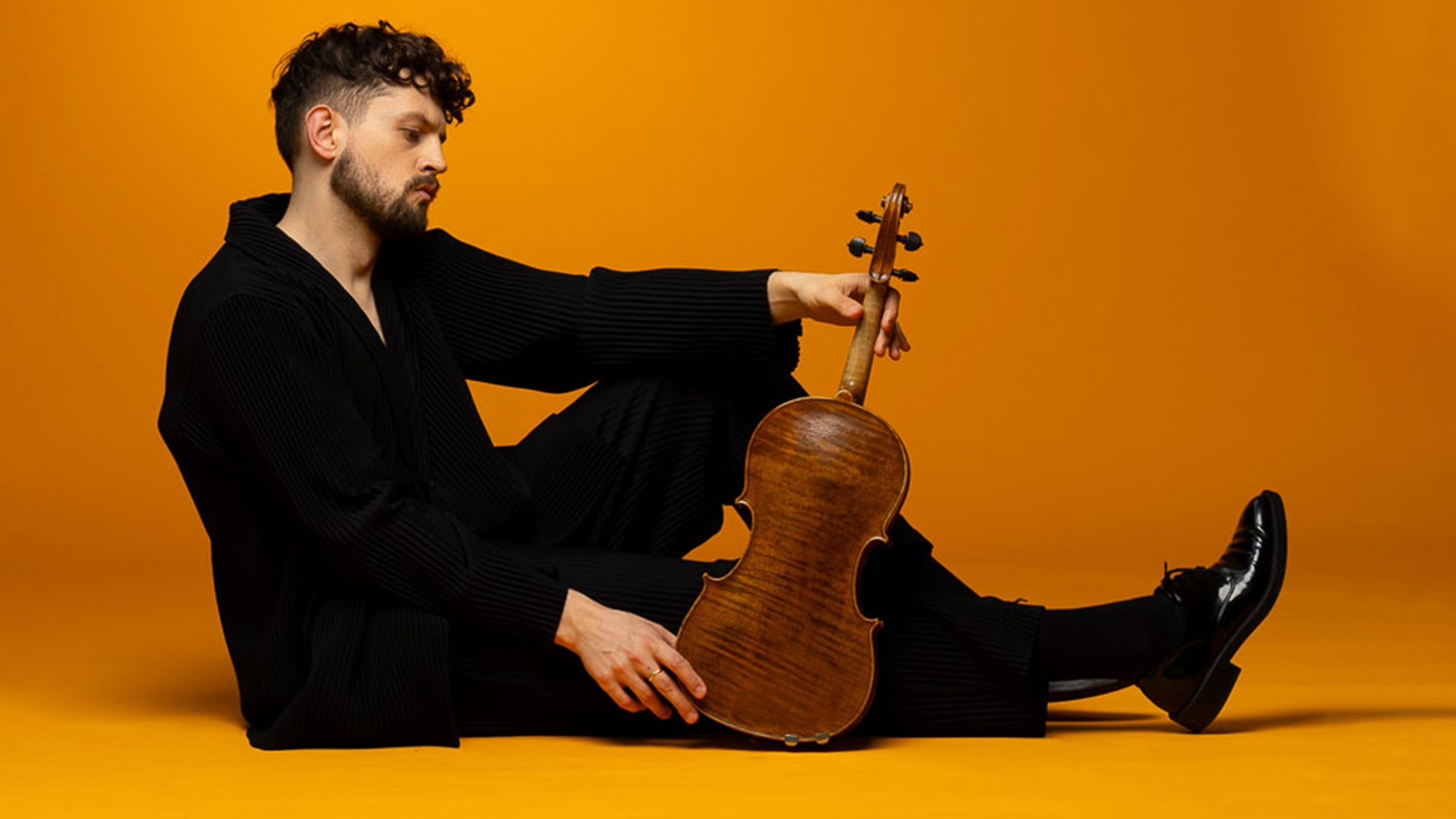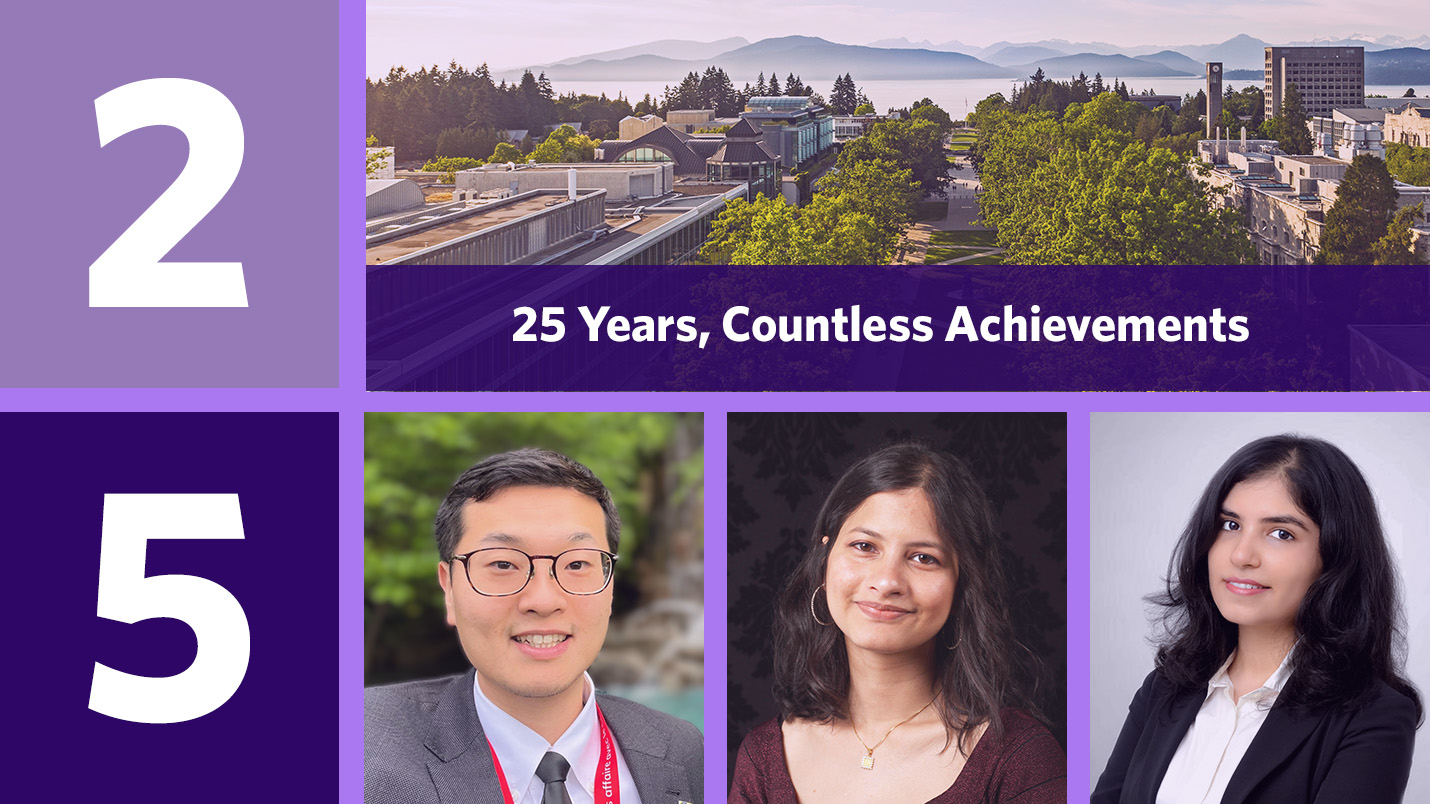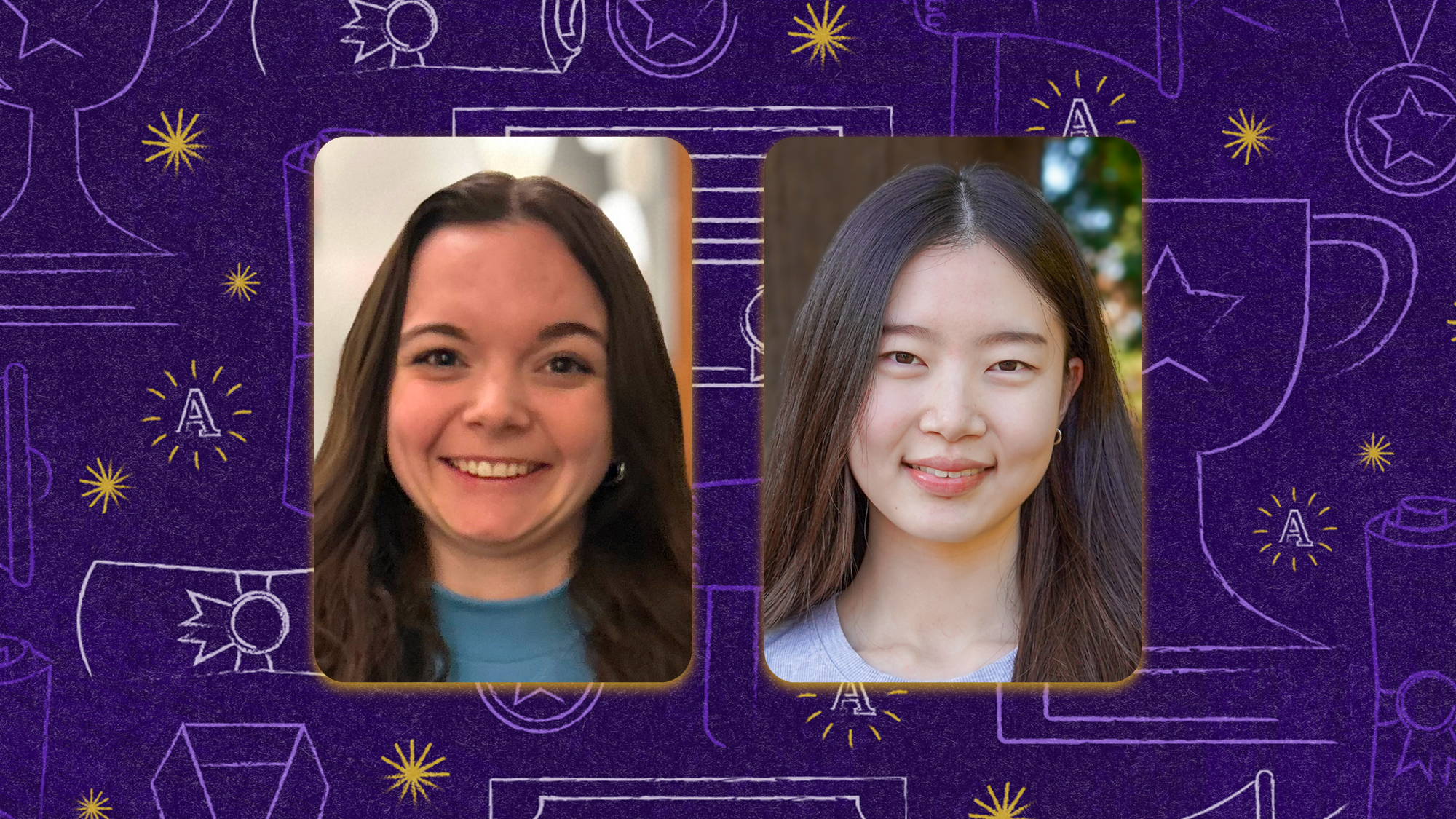What makes a great teacher? How do you make an academic discipline relevant and personal? Dr. Catherine Corrigall-Brown, an expert on social movements, believes an excellent teacher not only knows a lot about their subject, but inspires a passion and deep curiosity for it.
The sociology professor, who teaches an introductory course on “Inequality and Social Change” as well as an upper-level course on social movements, recently won the 2017 Killam Teaching Prize. We asked her how she approaches her role as an educator and the key lessons she aims to impart to her students.


Dr. Catherine Corrigall-Brown (Associate Professor, Sociology) won the 2017 Killam Teaching Prize. She is currently working on a SSHRC-funded project about the global environment movement.
What do you love about teaching?
One of the things I love is seeing students light up, seeing them discover something they didn’t know about before. I think that high school education doesn’t always provide the creative and open space for students to really explore new areas, so to see them discover something new and become passionate about a topic, is what’s most exciting about teaching.
How do you ignite a passion in your students?
That’s obviously in some ways the biggest challenge in teaching. How do you deliver material in a way that makes it relevant and interesting for students? When you talk about gender for example, that can be very dry – you talk about the difference between sex and gender, gender pay equality. But how do you get them to see gender in everyday life?
One of the activities I have them do is go to the drug store and look at products like shampoo. All shampoo is actually the same, but it’s sold differently to women and men. So you can buy Herbal Essences for women and be showering in the rainforest, or you can buy J Crew for men and be showering in an industrial warehouse. Why is that? Those are the same products.
I want them to go out into the world and see how gender isn’t just a term we learn about in class, but literally shapes the lives that they lead. I think that’s how you ignite a passion for a discipline – you take an idea, a theory, you tell them about the theory, you tell them about the research and then you send them out into the world and see how that is actually related to their lives.
Do you have any tips for first-time teachers?
One of the things I like to tell people is that there is a kernel of rightness in every answer. One of the classes I teach is a big class of 200 students. When I was a first-year student you could not have paid me a million dollars to put my hand up in a class of 200 students. So one, I’m amazed that some students do – and I think it’s wonderful. But then when they talk, you have to acknowledge that there is a kernel of rightness in every answer. And sometimes that rightness is very obvious, and other times, it’s maybe a little harder to understand.
So by re-framing what they say, perhaps emphasizing the more correct part of that answer, you’re reinforcing that you appreciate that they engaged, that you want other students to engage and that everything can be built upon. I think if you go in with the philosophy that there’s always a kernel of rightness in every answer, it creates more open space for students, encourages participation and makes a better class environment for everyone.
What key lessons do you aim to impart to students?
One of the things that I think is really important in the Arts and Social Sciences is emphasizing the links between social structures and individual agency. I think that if we help students see the role of social structure in their lives, that can really help them after they’re done university. So when you’re walking down the street and you see someone who’s homeless, you understand it’s not simply individual decisions that person has made but potentially larger policy issues – why isn’t there more housing in Vancouver? Why do we have a system where women earn less than men or certain ethnic minorities earn less? What larger things could we do to deal with the issue of homelessness beyond just individuals changing their individual actions?
I think the social sciences and humanities and arts have a really important role to play in helping people see how individual agency and structure is related, and that’s how after university we can go on to make really important changes in the world.
Are you interested in programs that support your teaching methods? The Centre for Teaching and Learning Technology offers ongoing development programs for faculty members at different stages in their careers. These programs support your teaching and learning endeavours and provide information on current research on teaching and learning theories and methods.


